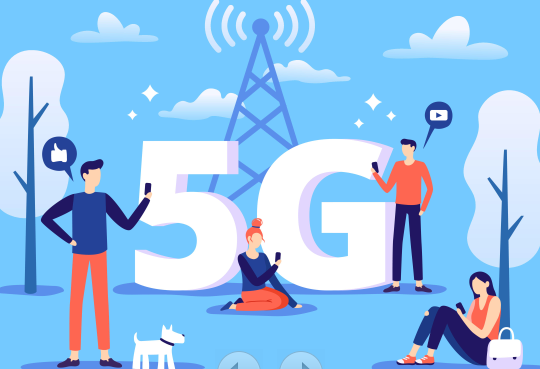IoT and 5G are changing the world

IoT and 5G are changing the world

By 2025, 5 billion cellular-connected devices will unlock unprecedented potential. As 5G becomes a reality, complemented by artificial intelligence and edge computing, it means more than a small leap in the efficiency of cellular technology. Ericsson examines the impact of this change in the "Connected Industries - A Guide to Success in Business Digital Transformation" study.
change
Reinvent yourself to keep up with digital competitors to win business. Getting a digital product to market first can make a huge difference in gaining market share.
The wealth of customer information captured provides OEMs with insights that can be used to improve products, get closer to customers, and maintain a competitive advantage. Beyond compliance, especially in certain industries such as utilities and automotive, OEMs need to meet ever-increasing safety and efficiency standards—and ensure their products, services, and business processes meet these demands.
Business Considerations
Use digitization to increase productivity and minimize inefficiencies. Productivity and efficiency are the main drivers for most IoT projects today. For example, with smart meters, utilities can save up to $200 per meter per service visit because technicians don't have to be in the field to read or repair the meter.
While digitization helps companies streamline operations and face competitive cost pressures, information about how their products and services work and how customers use them can help improve service quality, positive customer engagement, and personalization.
Sustainability
Reduce consumption and promote a smart and sustainable environment. A growing number of companies are committed to the United Nations Sustainable Development Goals in response to growing public expectations on environmental and social issues.
For them, digital transformation plays an important role in taking on social and ecological responsibility in addressing global challenges. In logistics, IoT is helping reduce farm-to-fork food waste globally by 30 percent, while in the automotive industry, connected security cameras are enabling automakers to reduce collisions by up to 20 percent.
Mercedes Benz case
When Mercedes-Benz designed its new factory in Sindelfingen, the company wanted to replace its traditional assembly line with an autonomous driverless transport system and increase the efficiency and flexibility of its production lines. To achieve these goals, Mercedes-Benz knew it had to introduce innovative technologies.
The automaker has partnered with Telefónica Deutschland to build the world's first 5G mobile network for car production. The solution is an Ericsson private network with 5G Radio Dot System that enables high-performance coverage of 20,000 square meters within the business premises and will be extended to every 220,000 square meters of facility.
All production systems and machines in the newly built factory are connected and run via a secure 5G network with gigabit data rates and extremely low latency when processing large volumes of data.